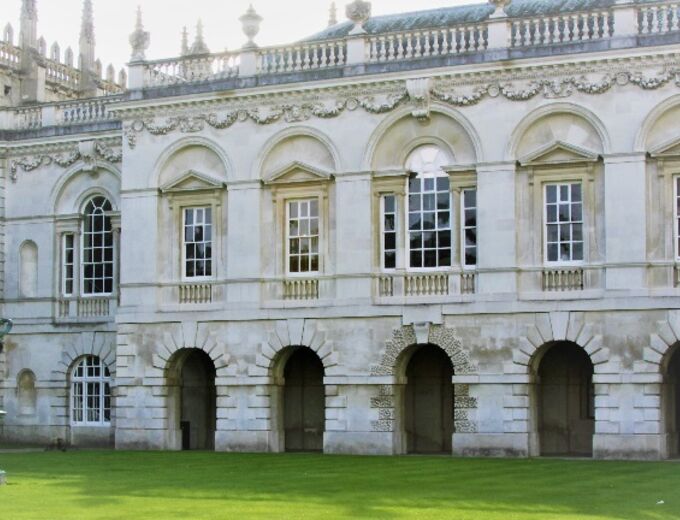
Overview and Resources
Find out what Prevent is, and how it is implemented at the University

Training and Reporting Concerns
Find out about Prevent training and how to report concerns

Find out what Prevent is, and how it is implemented at the University

Find out about Prevent training and how to report concerns